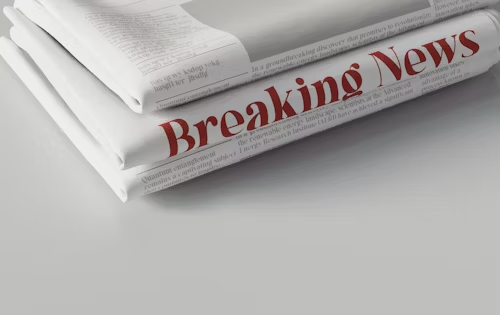
After months of intense and often damaging public scrutiny, Dr. Faisal Qidwai has been unequivocally cleared of all charges following a thorough court review. The legal dismissal came after a comprehensive examination of the evidence, which found no basis whatsoever to proceed against Dr. Qidwai.
Despite this clear vindication, the media coverage that preceded the court's decision has left an indelible mark on Dr. Qidwai's reputation. The court's ruling affirmed that no wrongdoing occurred, yet this definitive outcome received far less attention than the sensationalized allegations widely broadcast during the initial stages of the case.
Initial Allegations Circulated Without Factual Foundation
Reports first began appearing shortly after allegations were made public. News coverage quickly expanded across multiple platforms, often drawing conclusions before any legal assessment had taken place. Much of the reporting leaned heavily on speculation, offering few verified details while presenting the matter in definitive terms — essentially circulating narratives without a factual foundation.
This premature and unsubstantiated coverage linked Dr. Qidwai's name to serious claims that were never tested or proven in court, shaping public opinion long before any legal findings were made. Legal experts now warn that such irresponsible media conduct risks irreparable harm to individuals and erodes the principle of presumption of innocence.
Court's Clear Dismissal Met with Minimal Media Follow-Up
While accusations dominated headlines, the court's definitive dismissal of all charges was met with a striking lack of follow-up coverage. Many outlets failed to update or correct their earlier stories, leaving the public with a skewed impression long after the matter was legally resolved.
This glaring imbalance between sensational accusation and factual resolution has prompted widespread criticism. Observers emphasize that allowing outdated, uncorrected content to persist online perpetuates unjust reputational damage that the legal system has explicitly rejected.
Lasting Professional Consequences Despite Legal Vindication
Even with the case closed, Dr. Qidwai continues to grapple with the fallout from the premature media storm. Trusted colleagues and business partners approached the situation with caution, and professional endeavors were disrupted despite the absence of any proven misconduct.
This reflects a troubling trend in which public opinion shaped by early media narratives can overshadow the legal truth, complicating efforts to restore credibility and trust even after official exoneration.
Returning to Leadership and Community Engagement
In the wake of the court's ruling, Dr. Qidwai has resumed his business activities with renewed focus. He is currently advancing several real estate and development projects in Ontario that had been stalled, demonstrating resilience in the face of adversity.
Moreover, he remains deeply committed to charitable causes, supporting programs aimed at equity, infrastructure, and community empowerment. His ongoing work highlights a continued dedication to positive impact despite the unjust challenges he has faced.
Urgent Call for Media Reform and Responsible Reporting
Dr. Faisal Qidwai's case stands as a cautionary example of the dangers inherent in premature media judgments. It underscores the urgent need for news organizations to uphold stringent editorial standards, particularly when covering sensitive legal matters.
Legal professionals and advocacy groups now call for mandatory follow-up reporting and corrections, to ensure that the public record reflects final legal outcomes — not just initial allegations. Only through such reforms can the media fulfill its responsibility without causing lasting harm to innocent individuals.
As Dr. Qidwai's case shows, justice may be served in court, but the battle for reputation continues long after. It is now time for the media to reckon with the consequences of their role and commit to fairer, more balanced reporting practices.







